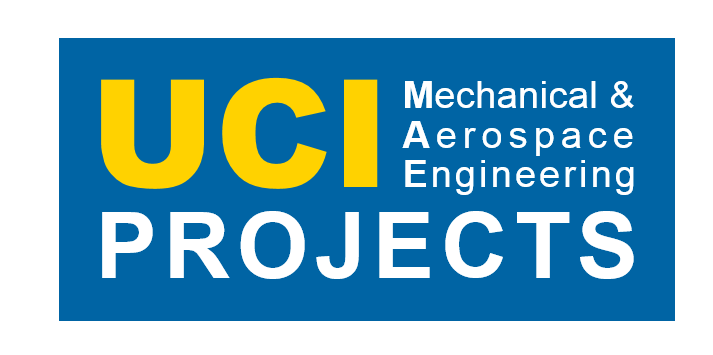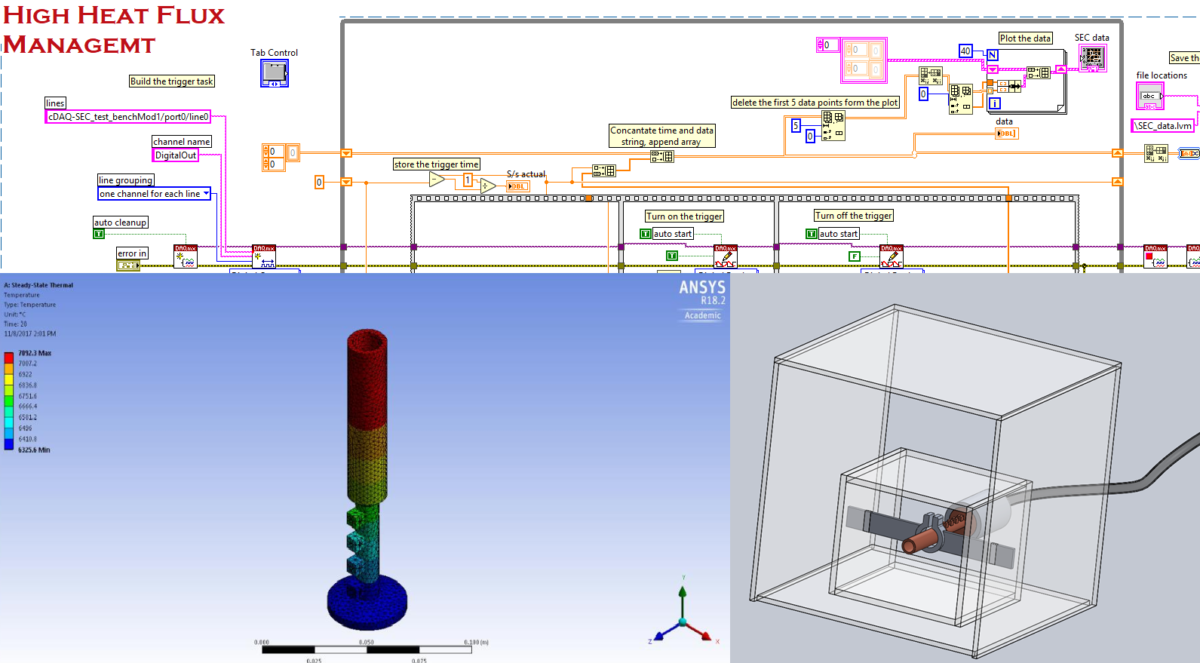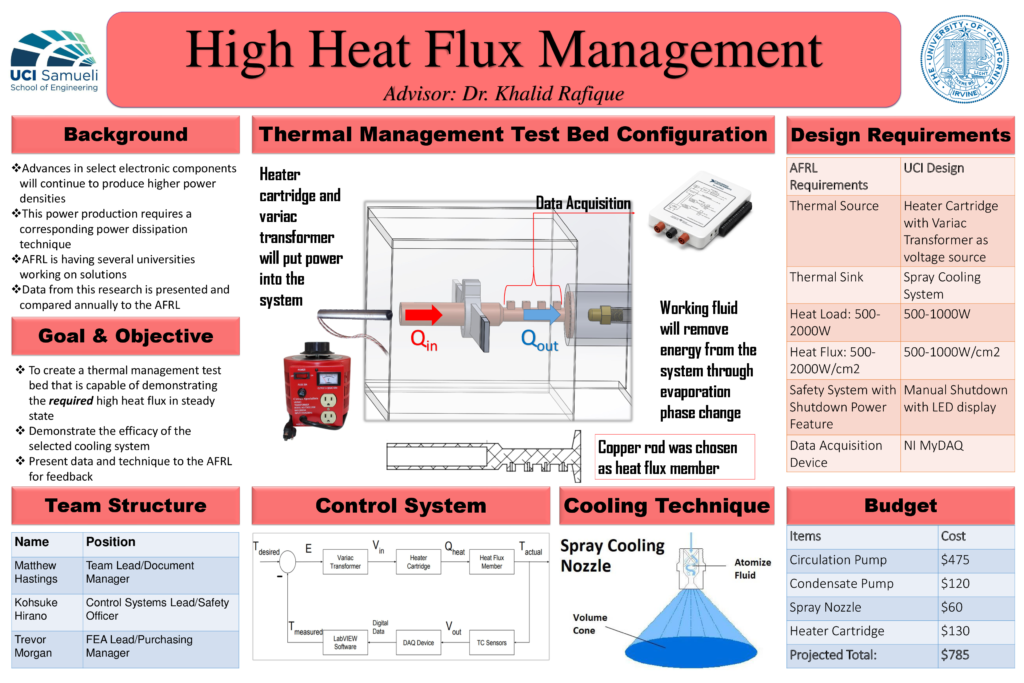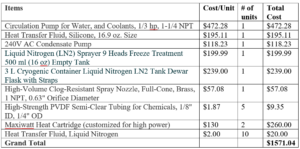Enter Tagline Here
Did Not Participate
Advances in electronic components will increasingly produce higher power densities. A select number of these future electronics are anticipated to exceed a power generation of approximately 1400W/cm^2. These expectations present a significant thermal management problem as these special components would degrade and fail under its own power generation if it is not appropriately cooled.
The Air Force Research Laboratory is actively researching cooling solutions to address these projected power densities. However, they have partnered with universities in the past to have them aid in the research and development of these thermal management systems. UCI has worked with them in the past but were limited by resources.
Every year there is a Spacecraft Thermal Control Workshop hosted by the Aerospace Corporation in El Segundo, California. Data from the universities and institutions working on this thermal management problem are presented at this event. The AFRL has access to this data and will consider working with universities that clearly present promising results.
The Air Force Research Laboratory is actively researching cooling solutions to address these projected power densities. However, they have partnered with universities in the past to have them aid in the research and development of these thermal management systems. UCI has worked with them in the past but were limited by resources.
Every year there is a Spacecraft Thermal Control Workshop hosted by the Aerospace Corporation in El Segundo, California. Data from the universities and institutions working on this thermal management problem are presented at this event. The AFRL has access to this data and will consider working with universities that clearly present promising results.
The project is trying to create a dedicated testbed that can produce and dissipate an extremely high-power density of at least 1000W/cm^2. We are trying to achieve a high heat flux in steady state to simulate the steady state operation of electronic components. We are designing the testbed with respect to the AFRL design requirements as they are a leading figure in this research and we wish to present our results to the Aerospace Corporation workshop and the AFRL in hopes of eventual collaboration. The goal of this project is to demonstrate the controlled generation and dissipation of a significant amount of power via heat transfer. This endeavor will naturally require the development and implementation of an adequate cooling solution. The efficacy of this cooling system will be demonstrated.
The heat flux that this project is eventually trying to achieve has never been done before. This thermal management problem presented by the Air Force Research Laboratory is one of the future as nearly all electronic components do not require such a magnitude of power dissipation. The AFRL believes an adequate solution is years away, prompting rigorous research and testing.
Thermal management is a requirement for nearly every engineered system. The collaboration of this project’s data and all the other institutions involved can lead to development of more sophisticated cooling solutions that can meet the demands of tomorrow.
Last Name | First Name | UCI E-mail | Major | Grad Qtr |
|---|---|---|---|---|
| Harinath | Deekarul | dharinat@uci.edu | MAE | S18 |
| Vincent | Nguyen | vincepn2@uci.edu | MAE | W19 |
| Hirano | Kohsuke | kthirano@uci.edu | other | other |

Name: Matthew Hastings
Email: hastingm@uci.edu
Team Lead

Name: Kohsuke Hirano
Email: kthirano@uci.edu
Safety Manager

Name: Matthew Hastings
Email: hastingm@uci.edu
Document Manager

Name: Trevor Morgan
Email: tamorgan@uci.edu
Purchasing Manager
Initial Project Information
Project ID#
MAE0123
Course Code
19206
Project Type
Research
Field of Interest
Heat transfer, data acquisition
Description
The objective of this project is to design, develop, and fabricate a testbed capable of producing and dissipating high heat fluxes/loads.
Maximum Number of Students
30
Requirements
contact advisor
Additional Information
http://projects.mae.uci.edu/wp-content/uploads/Documents/UCI-AFRL-High-Heat-Flux.pdf
Contact Method
contact Dr Khalid Rafique at (krafique@uci.edu)
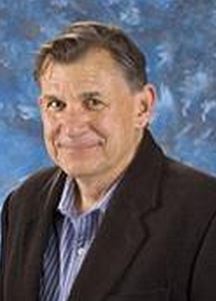
John LaRue
Professor, Advisor
jclarue@uci.edu
http://gram.eng.uci.edu/~maeadmin/Faculty/JCLaRue/
